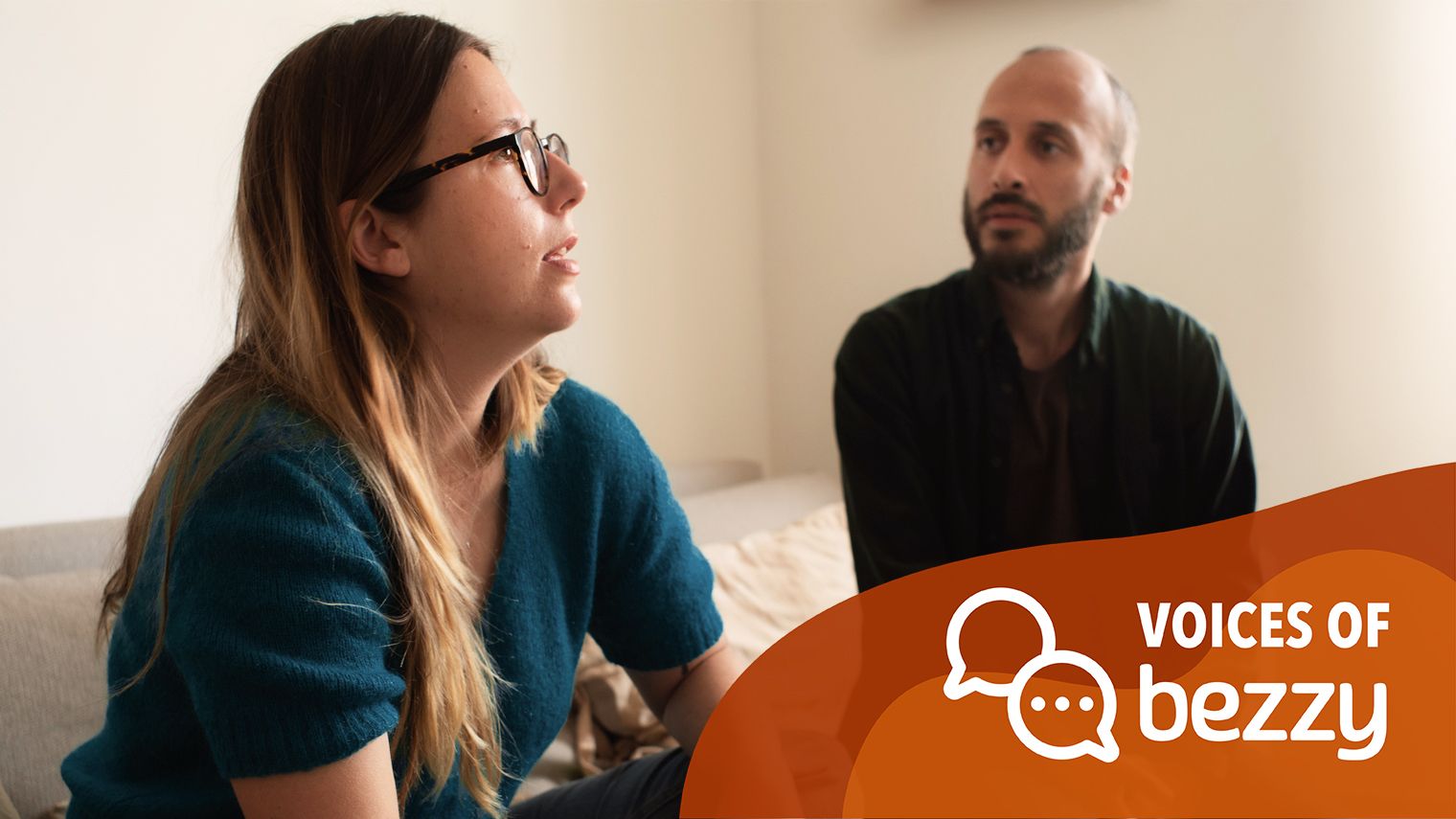Are You Polite, Educational, or Snarky When People Tell You About MS ‘Cures’? Here’s What Bezzy Members Said
July 24, 2024
Content created for the Bezzy community and sponsored by our partners. Learn More

Photography by Tess Y/Stocksy United
While there’s currently no cure for multiple sclerosis (MS), that doesn’t stop well-meaning friends and acquaintances from trying to tell you differently.
The challenges of life with MS can be numerous: physical limitations, financial expenses, emotional ups and downs, changes in relationships, the unpredictability of flares, and more. But one of the challenges people rarely discuss is how to respond to the “advice” others give.
Sometimes, this takes the form of ableist comments. Other times, people may offer information they’ve read or seen on social media about the latest “cure” for MS and feel compelled to share it with you. Often, it’s well-intended. They care about you and may even scour the internet for something you may have overlooked.
Folks with MS understand that there’s no cure yet — only treatments that help slow the progression of the disease or minimize certain symptoms. Many also understand that from time to time, they’ll have to respond to a friend or family member who’s exuberant about an MS cure they read about on social media or heard about from a friend of a friend.
We contacted Bezzy MS forum members to find out how they react in such situations.


The education advocate response
“Politely inform them that there is no cure yet.” — John460
“My reaction first is to research the cure they are talking about. Once educated regarding the cure, I’ll respond with my thoughts and the medical sites covering the possibilities. Basically, I direct them to other sites reviewing this research.”
— DenverMikeR
“I smile and say thank you for thinking of me and learning more about MS.” — laurmono28
The ‘I’m good’ response
“I thank them for thinking about me and explain that every MS patient is different, and I have a great healthcare team that I trust.” — Sara Chapados
“Yes, thank you. My neurologist is an MS researcher and keeps me informed on all the latest therapies, medications, and protocols.”
— Satine
“I try to actively listen and then explain that I’m glad that there are so many options, but I’m happy with my choice.” — Ashley Holmes
The open-minded response
“I investigate it to see if it has any merit.” — Binky
“I look into the information and thank them for letting me know.” — Debbie
“I’m always open to hear[ing] people out. I just know that everyone’s MS is ‘their’ MS. So, I’m open to new things, but it doesn’t mean I’m going to change how I do things for me.”
— Evelyn Miller
“I try to have an open mind, even if I don’t agree on some of these ‘cures.’” — Tori
“I’ve gotten this ‘talk’ two times, and I’m an active listener when they tell me about it.” — Tanner Rogers
The polite response
“I just smile and listen. They think that it is helpful and maybe it could be. No need hurting feelings.” — Sue
“I listen. Then, I thank them for their kind concern. Most people I know are respectful, concerned, and genuinely want to help if they can.”
— DavidW
“Thank you for sharing.” — Kathy
The hybrid response
“I internally roll my eyes and tell them that everyone is different and that trying to live day to day without stress is key to me.” — cachilena
“After I laugh, I say I’ll bring it up to my neurologist.” — Melissa Serrano
“It really depends on who’s telling me about it. Either ‘I will have to read that,’ or ‘the snake oil wagon doesn’t come by anymore.’”
— Stew
“I tell them that everyone is different. But it helps when it’s relatable.” — Tamara
When there’s no good response
“In all honesty, what I hear very often is about a person they know with MS. It’s always the same: Either it’s horrible, or that person is still able to do this, that, or the other, and why can’t I?” — Simplysassy
The takeaway
Just as with MS, there’s no one-size-fits-all way to respond to loved ones or even acquaintances who try to provide information about “cures” for the disease. Perhaps one of the above responses will help guide you in your next interaction with a well-meaning friend.
Medically reviewed on July 24, 2024


Like the story? React, bookmark, or share below:
Have thoughts or suggestions about this article? Email us at article-feedback@bezzy.com.